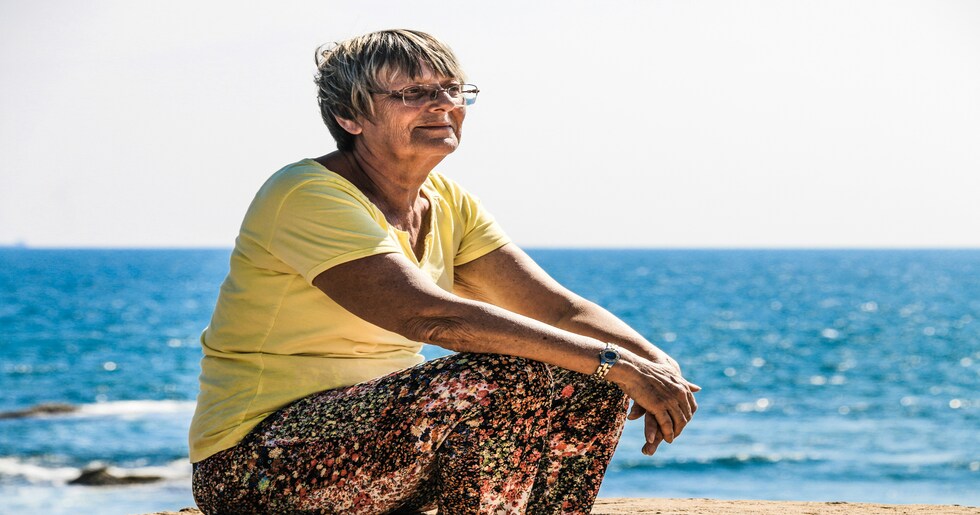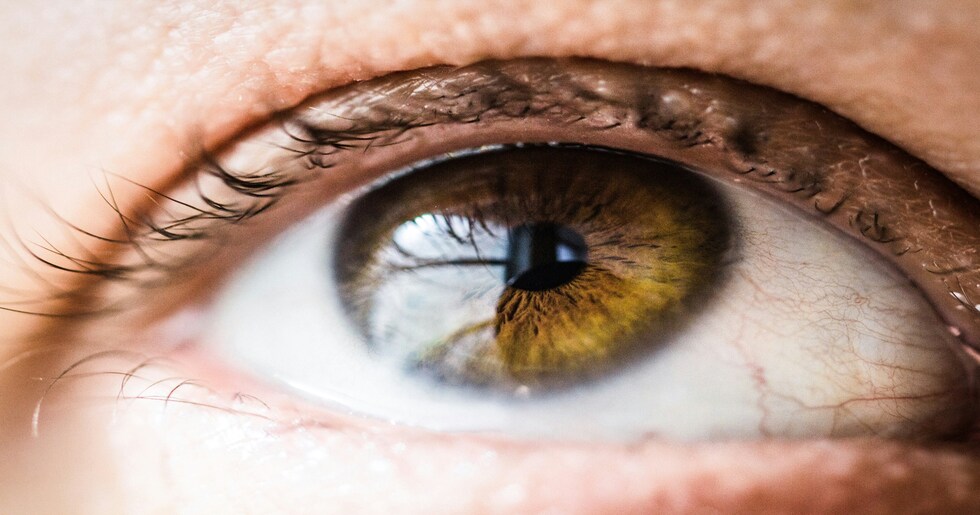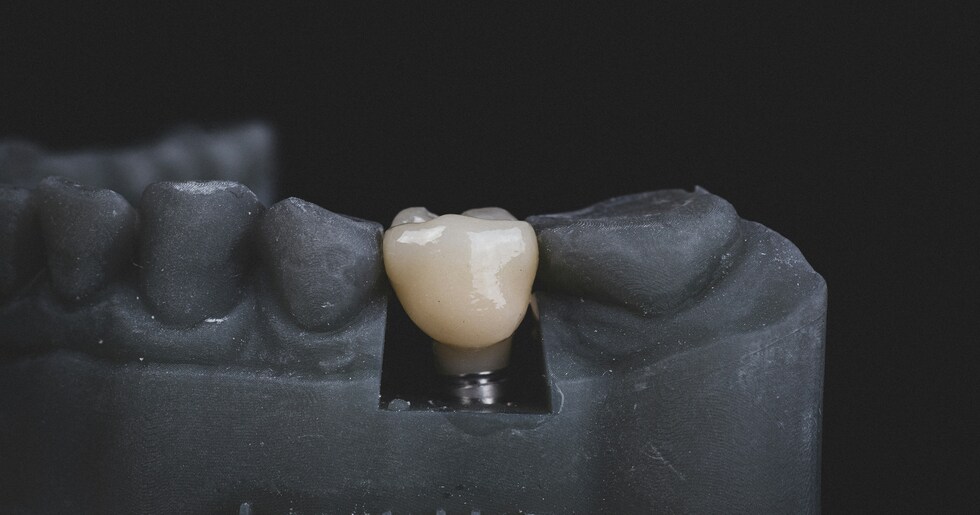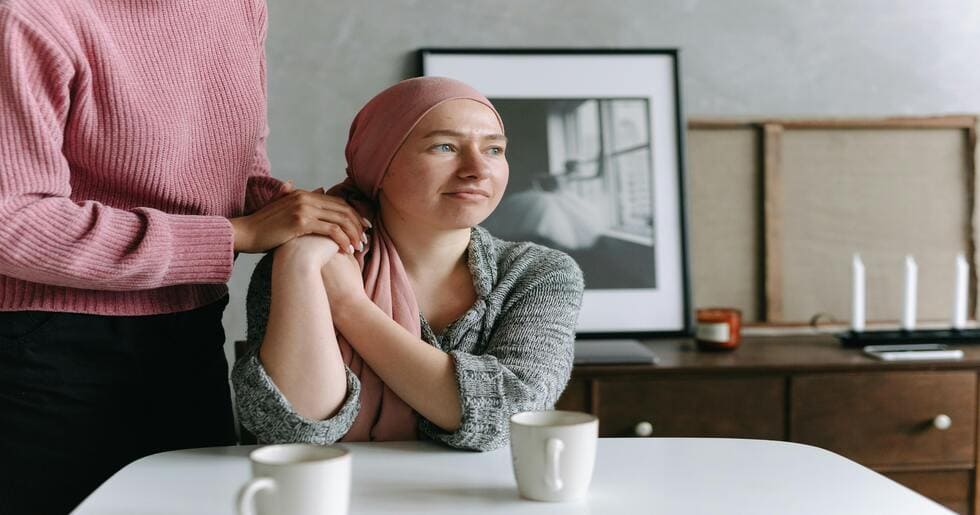Everything You Need to Know about Menopause
Published on August 26, 2024By Laura M. (Contributor)
Contents


Menopause is simply a stage like puberty in every woman's life cycle where periods or menstrual cycles come to an end. This article will delve into: What exactly menopause is; The symptoms of Menopause and its management; Health & wellness strategies
1. What is Menopause?
Menopause: Menopause is when a woman has not had any menses for 12 months in an uninterrupted row. This usually happens between about 45 and around age of 55, but can be later or earlier. It is a result of the diminishing supply of eggs and hormonal decline, namely estrogen and progesterone.
2. Symptoms of Menopause
Typical symptoms of menopauseThese can vary and may include:
- Hot flashes: brief periods of intense heat
- Night sweats: Sitting, scrolling through the website and occasionally breaking for a little light tap dancing will make you break out into night sweats
- Alterations In Sleep: Trouble falling asleep or Interruptions in sleep, Etc.
- Depression Anxiety Mood Swings
- Vaginal Dryness: Reduced natural lubricant, makes it painful
- Degradation of bone density: Osteoporosis is more likely to occur.
- Memory and concentration issues: Problems with reading or writing, remembering things.
3. Management of Menopause Symptoms
How to Deal with Menopause Symptoms
- Hormone therapy: Replacement of hormones to counteract symptoms like hot flashes or vaginal dryness
- That means non-hormonal options for people who cannot or do not want to use hormones.
- Well-balanced diet, active lifestyle — healthy weight
- Primary vitamins/supplements: Calcium and vitamin D for bone health.
- Stress and Sleep management methods: Yoga, meditation and BREATHING techniques.
Health And Wellness Strategies
Ways to healthy living and well being during menopause:
- Keep eating healthy: Fill half your plate with fruits and veggies, whole grains and lean protein.
- Exercise regular: Keeps your weight down, improves mood & strengthen bones
- Skincare: Moisturizer and Sunscreen to fight against dehydration and sign of aging.
- Scheduled visits to the doctor will be necessary in order to take care of your heart, bone metabolism and endocrine functions, as well as regular gynecological check-ups.
- The use of resistance exercises can be very useful for women in menopause, especially. These exercises, however, are not simply useful for maintenance and increase of muscle mass but essential when it comes to bone health. It also will contribute to your overall well-being, and various activities like walking, swimming or cycling can promote heart health.
- In addition to food and movement, another essential part is hydration. Your skin and tissue hydrations go down after menopause, therefore it was also needful to increase your level of water/healthy fluids. To keep the skin supple and prevent dryness, it is also useful to consider using moisturizers as well as natural oils.
Importance of Emotional Support
Menopause can be a time of emotional struggle. Seek emotional support through:
- Counseling: Speaking to a counselor can help with anxiety and depression.
- Join support groups as women who are in same journey can speak about their experiences.
- Reach out to family and friends: Open conversation isoften a good first step.
4. Impact of Menopause on Mental Health
Do not underestimate the mental health implications of menopause. Depression, anxiety, mood swings are due to the hormonal changes especially after child birth where such debilitations may attack for the first time. This requires identifying these symptoms and if so visiting a medical professional. Further to this, keeping disciplined with a daily routine and incorporating mindfulness techniques will also help you handle stress and emotions as we navigate through these changes.
Menopause may also have impact on self-esteem and body image. Some women feel self-conscious about the physical shifts she is experiencing, and this feeling of inadequacy usually passes. Participating in activities that promote feelings of self-worth, such as yoga classes, art workshops or photography sessions can help to enhance perceptions and build a greater sense of mastery or empowerment.
Advanced Treatment Options
There are also the newer treatments that may do better than traditional methods collectively or individually:
- Naturopathic: Acupuncture, botanical medicine and other natural therapies
- Studies and Clinical trials: This is where you can take part in a study that tests new treatments.
Conclusion
It is a normal and natural part of life that can be challenging, but at the same time it offers you to focus on your health and well being. To help make this transition as balanced of one as possible, it is important to stay informed and in some cases reach out for support. Consult your doctor to discuss options for the best way of managing and treating symptoms
Keep in mind all women experience menopause differently, so finding what is best for you and your health (and overall happiness) takes a little soul searching.





